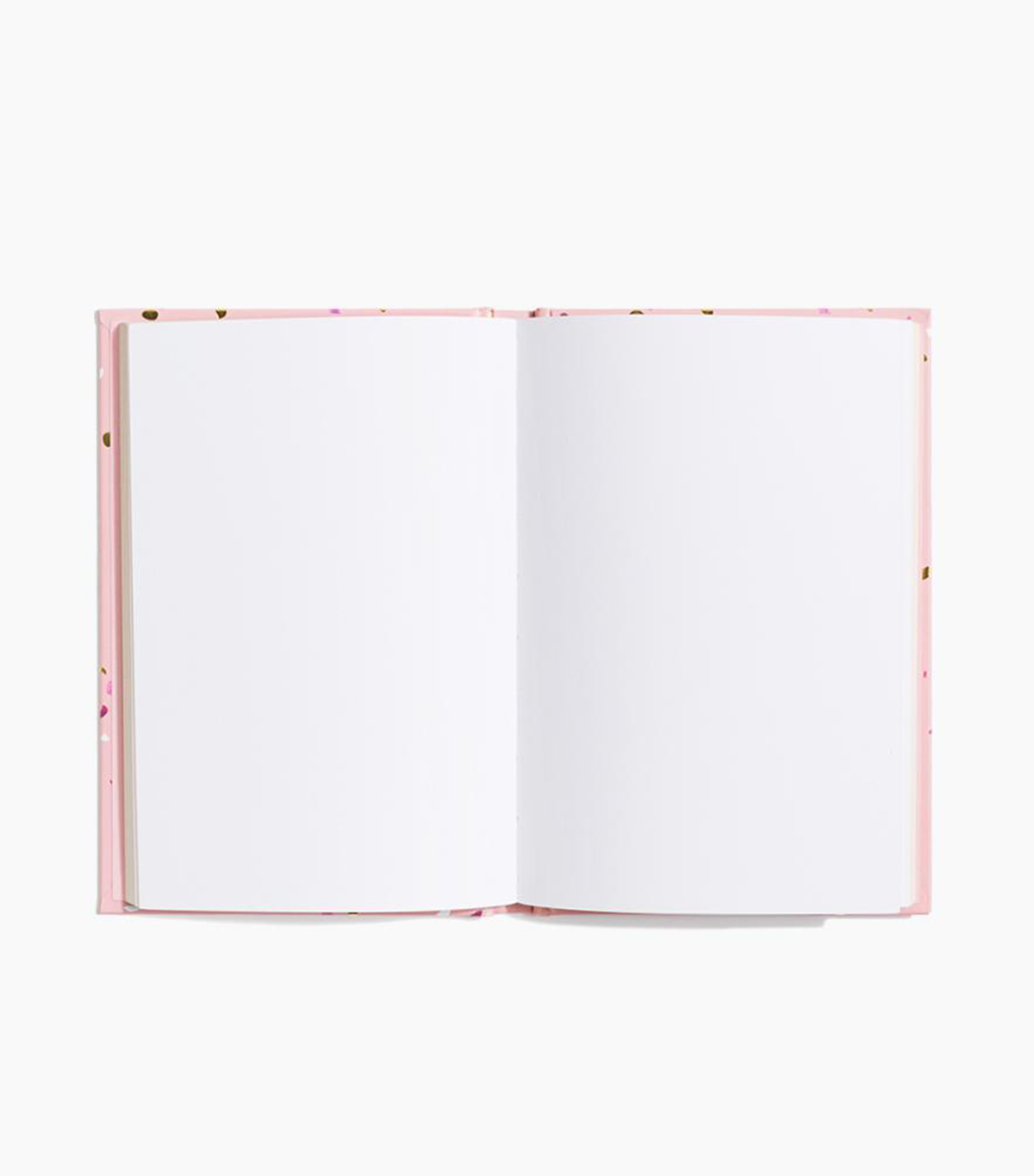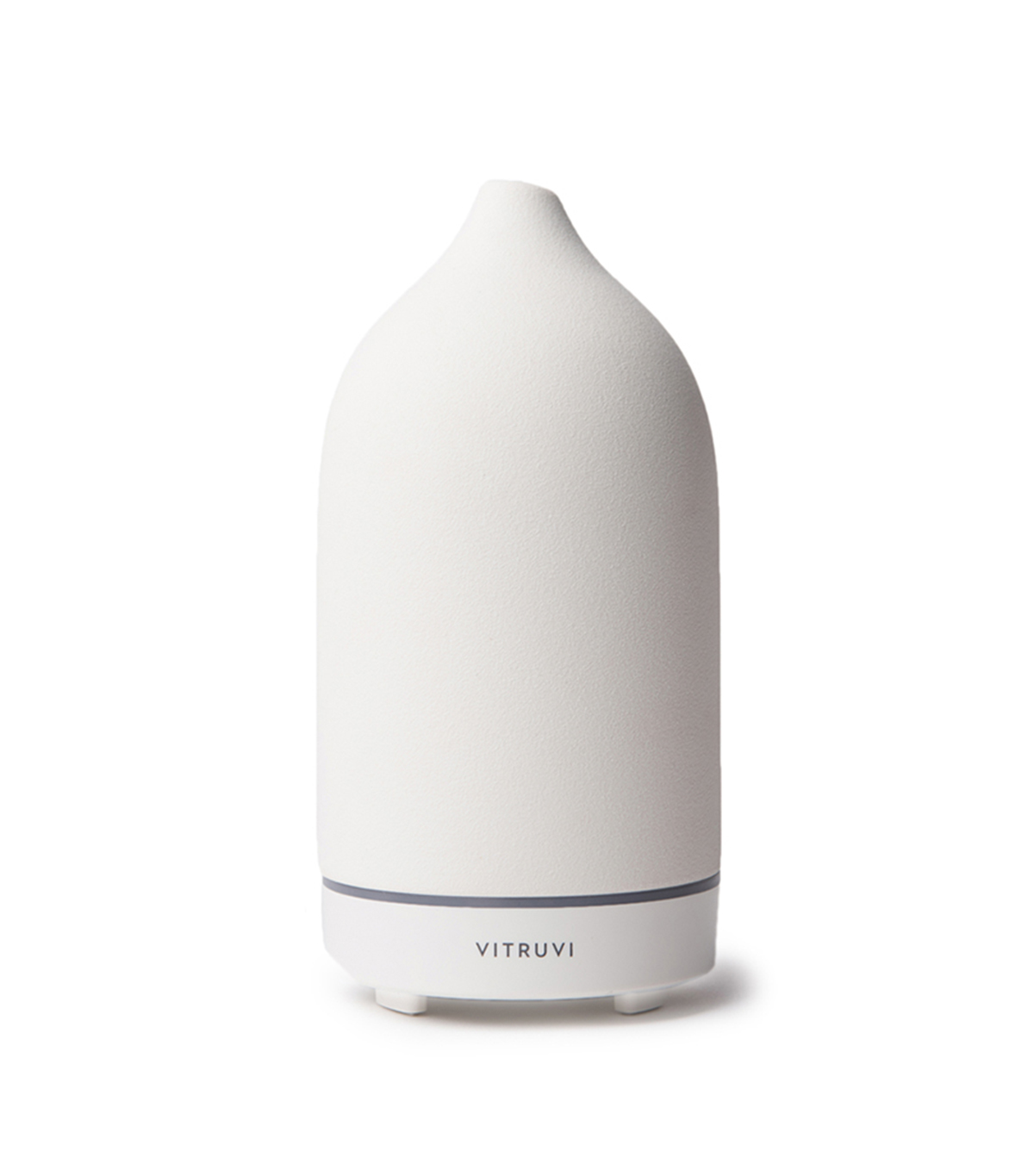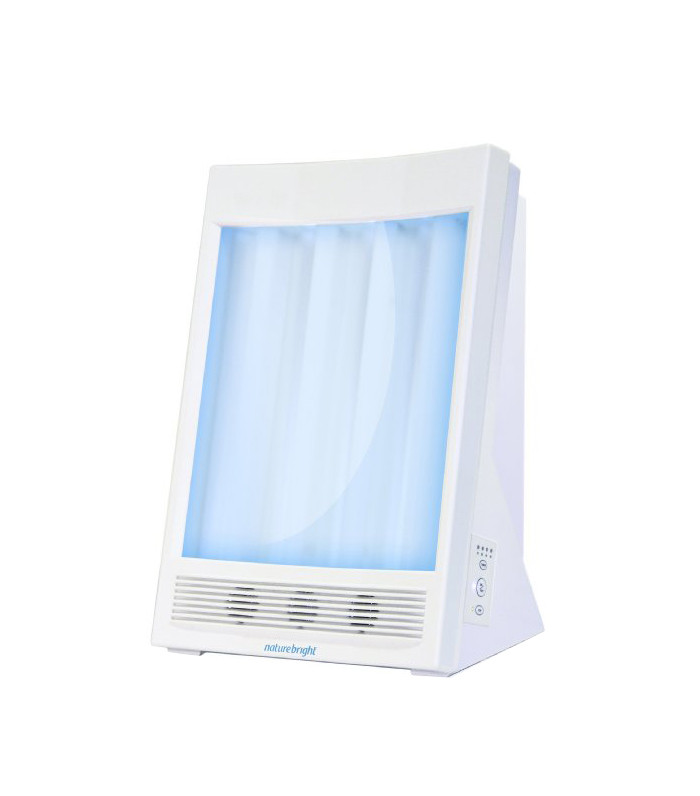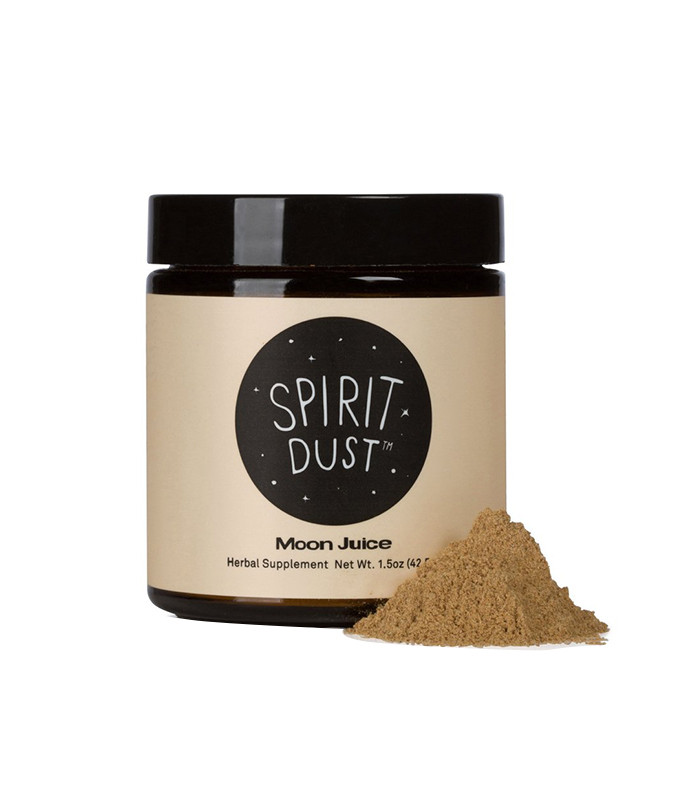7 Expert-Approved Ways to Deal With Seasonal Depression
Summer is officially over, cooler temps are beginning to set in, and the days are growing ever shorter. If the onset of fall tends to make you feel a little blue, just know that according to Psychology Today, this funk isn't all in our heads: An estimated 10 million Americans are affected by seasonal affective disorder. To explore why this time of year feels extra tough—and what we can do about it—we connected with clinical therapist and grief specialist Ginger Poag.
Since we still have months before the weather is on the upswing again, it's best to get ahead of SAD—especially prior to the holiday season, which tends to exacerbate those mood swings even more. Scroll down for Poag's top tips on fighting seasonal depression.
1. Jot it down

The last thing we want when we're feeling down is another entry on our to-do list. That being said, small actions can return major rewards. To get out of a slump, Poag recommends gentle mood-boosters like journaling and meditation. Journaling especially allows you to check in with yourself, vent, and get creative.
2. Get outside
Even a short stroll through your neighborhood will reduce stress and release endorphins. When I want nothing more than to hide under the covers all day, I use this trick: As soon as you get out of bed, put on workout wear. That way, you've already taken the first step in getting outside, and the rest will seem far less daunting.
3. Shake up your scent

Sometimes relaxation can be as simple as a spritz. Aromatherapy has been used for millennia to naturally unwind, restore, and heal. A cornucopia of different natural scents means there's an oil for everything. Lavender, for example, is popular for its ability to melt tension; meanwhile, spicy peppermint kick-starts energy and improves brain functioning. Vitruvi's stone diffuser doubles as a sleek piece of home decor.
4. Turn on a light

"The lack of sunshine and cold weather during the colder months greatly influences our mood," says Poag. "Increase light in your home by turning on more lights or opening the curtains and letting natural sunlight in." This therapy lamp from NatureBright is Amazon's best-selling light therapy product (and a personal favorite).
5. Make space
Looking for another way to lighten up? Try making space in your home. "Clutter can have a negative effect on moods," notes Poag, who suggests streamlining your possessions to help relieve anxiety. Start somewhere small—your medicine cabinet, for example—to make your task feel manageable, and blast an upbeat playlist while you work.
6. Reach Out
While holing up until summer is tempting, Poag reminds us that isolating ourselves can compound negative emotions: "Call a friend and go out for lunch, coffee, or just catch up on the phone with them." She recommends social gatherings that won't overexert you, whether it's satisfying your restlessness by going out for the afternoon or curling up with a tried-and-true favorite film with your best friend.
Since many people are feeling low right now, this is a perfect time to remind loved ones that you're here for them. Enlisting a friend for a mood-boosting activity—like a scenic stroll, a tea date, or yoga—will help hold you both accountable.
7. Treat yourself (within reason)

It's important to have fun and be social, but slipping back into party mode can actually worsen depression. "Limit alcohol consumption," Poag warns. "Drinking may make us feel good for a few hours, but it has a depressant effect on our brain which can contribute to depression." Opt for coffee or dinner, and forgo the bar in favor of some much-deserved beauty sleep. Poag also recommends that sufferers of the blues avoid processed sugar and opt for fresh fruits and veggies for a natural energy boost. For guilt-free stress relief, I add a teaspoon of herbal supplement from Moon Juice to tea or almond milk before bed—the concoction makes for a totally soothing nightcap.Next up, learn how to fall asleep in under five minutes, according to hypnotists.
This article is provided for informational purposes only and is not intended to be used in the place of advice of your physician or other medical professionals. You should always consult with your doctor or healthcare provider first with any health-related questions.